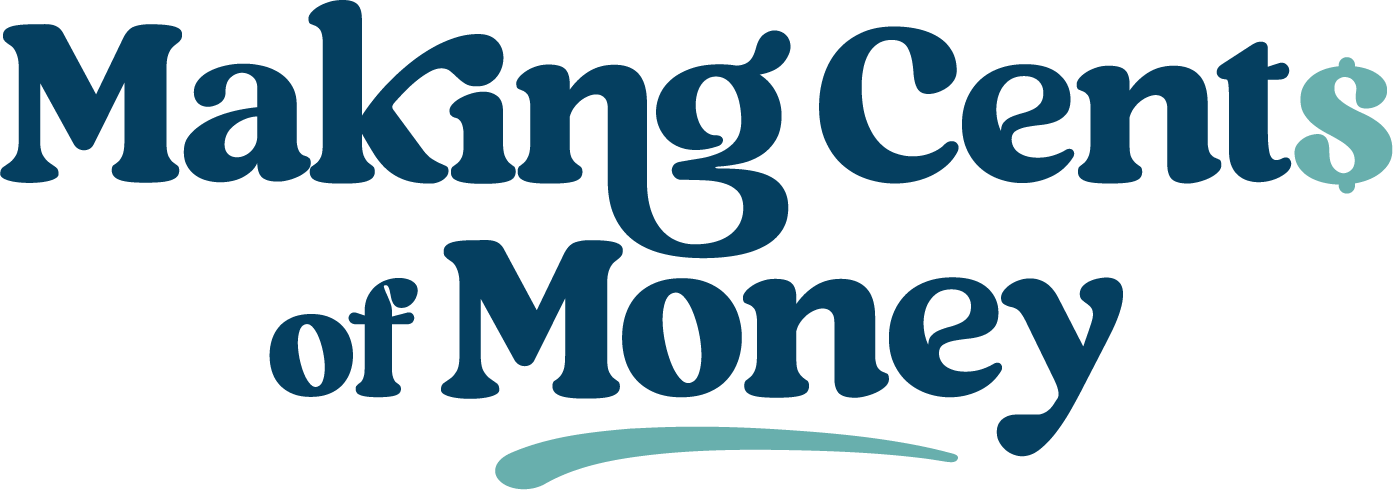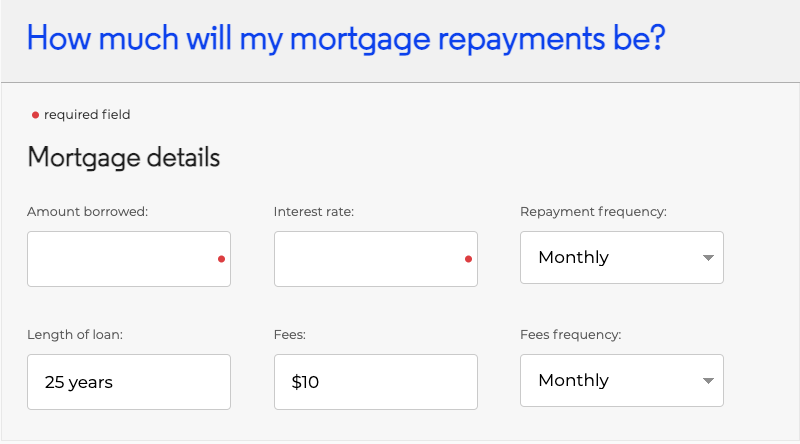4 tips for navigating rising interest rates to stay on track towards your financial goals
Is it just me, or is it feeling like groundhog day?
The RBA has increased the cash rate for the sixth month in a row.
For those that are on variable rate loans? You're likely to see a slight increase in the amount of interest you're paying.
While the wider economy and the RBA rate decision may be out of our direct control, there are a lot of areas we can control, like how we respond.
So what should you be doing? In today’s blog, I share my top tips on navigating rising interest rates and ensuring you stay on track towards your financial goals.
WORK OUT WHAT THE INCREASE WILL MEAN FOR YOUR REPAYMENTS.
Because we have had so many increases in a short time, this has left people disconnected from their mortgages. There’s been a lot of correspondence from our banks informing us of increased rates (it feels like every other day), so there’s a chance that you may have lost track of your rate and what’s happening with your mortgage.
What interest rate are you paying, and what will the increased repayments be for you?
Arm yourself with 3 bits of information, which you should find when you log into your online banking:
Your current loan balance
Your remaining loan term (in years)
What your new interest rate will be - your current interest rate + the increase (0.25% as of 4th October 2022)
Head to any mortgage calculator with this information - I use the Moneysmart calculator, which you can find here - and this will calculate your new repayments.
ESTABLISH THE IMPACT THIS WILL HAVE ON YOUR OVERALL FINANCIAL SITUATION/PLAN
Now that you know what your new repayments will be, it’s important to visualise the impact that this will have on your day-to-day finances. How will it actually affect your savings/investment capacity and ability to achieve your financial goals?
If you don’t have oversight on your finances and what’s happening to your $ when they come in, I highly recommend this as a first step.
Working out your starting point will very quickly show you what financial moves you should make to take control of your financial future and achieve your goals.
We want to find out what’s happening with your money once it comes in now. Where is it actually going?
I've got a free spreadsheet and video tutorial that can help you to work this out, and ascertain how much money you have left over after your expenses to contribute to your goals and future financial freedom.
Input this new number into your current (or new) spreadsheet which will show you the impact this increased repayment will have on your surplus - the money left over after your expenses that you can use to grow your wealth.
DETERMINE IF YOU STILL HAVE ENOUGH $ TO ACHIEVE YOUR GOALS AS FIRST PLANNED, DESPITE THE INCREASED EXPENSES.
Reverse engineer your goals - does your new savings/investment capacity leave you with enough $ to still be able to achieve your goals in the way that you want to?
We work this out with 3 bits of information:
How much you need for your goal
When you’d like to achieve the goal by
How much you’ve already saved
How to reverse engineer…
($ REQUIRED YOUR GOAL - HOW MUCH YOU’VE SAVED) / THE NUMBER OF WEEKS UNTIL THE GOAL = THE AMOUNT YOU NEED TO SAVE EACH WEEK TO ACHIEVE YOUR GOAL
Let’s say that you are saving for that 4-week trip to Europe that’s going to cost $20,000, you haven’t saved any money for it, and it’s 2 years away (or 104 weeks)…
($20,000 - $0) / 104 = $192.31
That tells us that we need to be putting aside $192 each week to achieve our goal.
If your surplus with the increased repayments still allows you to achieve your goals in the way that you want to, GREAT! Simply be sure to update any of your automated transfers/direct debits to reflect any changes that need to be made.
If not, consider some strategies/ideas that will allow you to create some financial space for those goals, or revisit the goals, such as:
Is there something that you can do to increase your income?
Is there something that you can do to reduce your expenses?
Can you extend the deadline (i.e. from 2 to 3 years)?
Would you consider reviewing the amount required (i.e.e taking a $15,000 holiday instead of a $20,000 one?
When you consider all of your goals and the reality, are there any goals that are just not as much of a priority for you now?
At risk of a shameless plug: this is where financial advice can be really beneficial. We can take a look at your current position to provide you with some personalised feedback and guidance on some of the things that you may not have considered and recommend some strategies that may be able to assist you to ensure that these goals happen and they happen as quickly as possible. You can book a free chat here to pick my brain on all things $ or see how I might be able to help!
ASK YOUR BANK OR A MORTGAGE BROKER TO REVIEW YOUR RATE
Even though all loans are going up, it's still as important as ever to make sure that you've got the best loan for you by reviewing your existing loan to make sure it’s still suitable for your circumstances.
You can definitely call your bank and ask for a better rate - just have a little bit of information when you do. Find out what the going rates are for some of their competitors and let them know that you’re considering your options and would like them to beat it (I’ve know of people that have saved thousands of dollars from a 10 minute phone call!)
My recommendation however is to book an appointment with a mortgage broker. Your bank is only going to give you their best rate, but they certainly won’t tell you if the bank down the road will give you a better deal! Mortgage brokers have access to a panel of different lenders and will be able to do some research on the best loan for you, and consider which options best suit you and your circumstances.
Reach out to me if you’d like me to recommend a broker for you.
Saving $ on your home loan repayments can go a long way in helping you progress towards your goals - the difference between what we earn and what we spend is what we use to achieve our goals, and our mortgage plays a significant role in our expenses.

